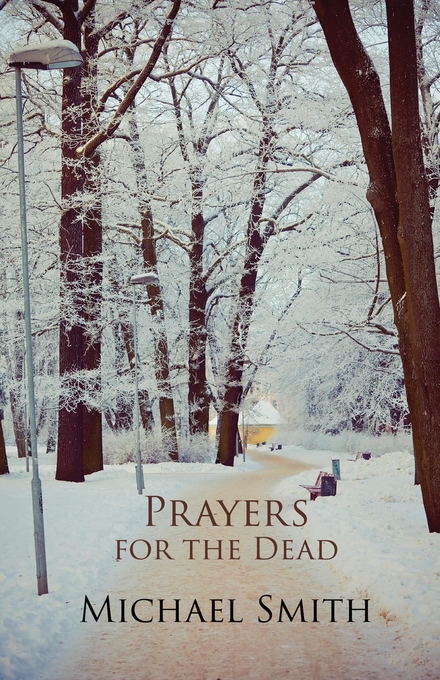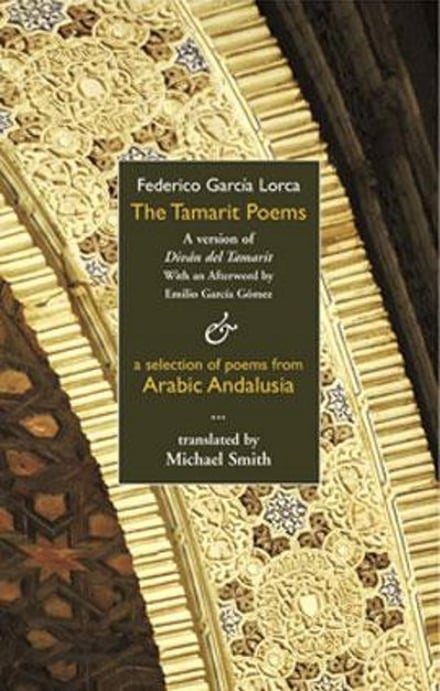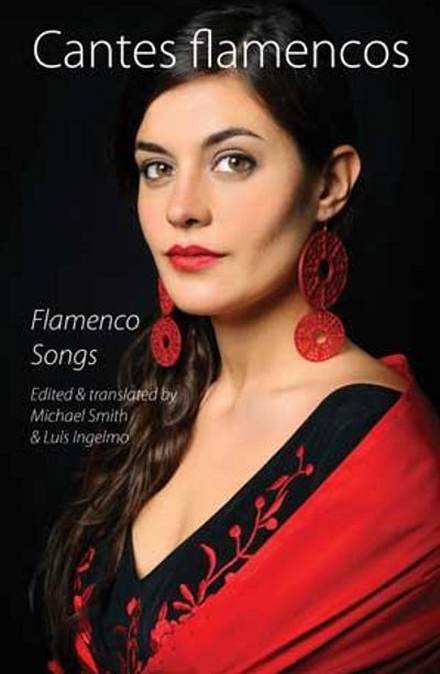I remember one evening around the beginning of the summer of 1974, sitting on the floor in what I recall as a sun-lit loft, or at least a neat room under a sloping roof, in a quiet house in Dublin's Liberties district. This was the house of Michael Smith, poet, translator, teacher and publisher and I was visiting for the first and only time with my friend, the poet Eamonn Wall. James Liddy, another poet and friend and contemporary of Smith’s had brought us to this house. Wall and I were aspirant bards who were as yet wet behind the ears, soaking up whatever came downstream.
Dim and distant as the memory may be, I reflect on what a quietly imploding, slow-release thrill it was, an innocent, brief but indelible encounter. We learned in that silent house on a quiet street that Michael, who was in his early 30s then, was a teacher of English, Latin and Spanish at St Paul’s College in Raheny.
Yet, despite these academic accomplishments, there was nothing patronising or superior about him, and he made us welcome with gifts of the most recent issue of his poetry magazine, The Lace Curtain. He also presented us with glossily slim hardback copies of his translations of Pablo Neruda’s Twenty Love Poems & A Poem of Despair, a warm, generous gesture that will always stay with me. Yet I was fated some years later to lose both periodical and book, probably dumped by mistake in some clean-up. It’s a loss still cursed to this day, as the quality of those youthful Neruda poems in translation was never surpassed.
We would meet Michael occasionally afterwards, in Grogan’s, also known as the Castle Lounge, twice or three times at most. But it is the first meeting in the Liberties that stays, our first time in that mythical warren of ancient streets, the beautifully designed publications fresh from the poet’s New Writer’s Press in our eager hands.
In the years afterwards, Smith would add to his brilliant Neruda endeavours with further translations of the work of a number of prominent Spanish language poets into English. Such tasks would have been addressed with energy, vision and commitment, in a life-long enterprise undertaken with love and deep respect. In 2001, the poet and translator would win the European Academy Medal which is awarded annually by the European Academy of Poetry.

In The Irish Times, the poet Philip Casey welcomed Smith’s marvellous translations of Federico García Lorca’s Tamarit Poems when they were first issued by Dedalus Press, which volume is still happily available. Aside from Michael Hartnett’s translations of Lorca, Casey declared in his review that "no non-Hispanic poet, Irish or otherwise has immersed himself so completely in the culture and poetry of Spain and Latin-America as (has) Michael Smith.”

He translated the work of Miguel Hernández, Luis de Góngora, Antonio Machado, and with Luis Ingelmo he edited and translated the poems collected in Cantes Flamencos (Flamenco Songs), published by the Exeter-based Shearsman Books.

Shearsman are also the publishers of the monumental Complete Poems by the great Peruvian poet Cesar Vallejo (1892-1938) which appeared in 2012. Smith did these captivating translations in partnership with Valentino Gianuzzi and this book, along with other books mentioned, can be bought or ordered at Books Upstairs on Dublin's D’Olier Street.
Smith himself was a gifted poet, an original voice, but one who was inevitably influenced by the Spanish canon he was so steeped in. The work of the Modernist poets, Denis Devlin and Brian Coffey and the poems of Thomas Kinsella also had a bearing on the poet's development. His affectionate portrayals of working class Dublin life, in their bleak moments and in their days of content, document a vanished Dublin, a city of tenements and narrow back streets, landmarks long gone. Many of the titles lead you right in - Slum Children at Hallow’een, Messenger Boy in the Hardware Store, Two Slum Brothers, Tenement, Street Singer.
Other poems were fruit of the long summers the poet spent in various parts of Spain with his wife and three daughters - and the grandchildren in later years, presumably- through forty years or so. Nature, its harshness and its beauty, bird life and marine life, local characters in their piety and fecklessness, in their alcoholism or their venality, the ne’er do wells and the barely-getting-by - they were all in Smith’s sights, whether discerned in a sun-scorched corner of rural Spain, or spotted on the back streets of Dublin decades ago.
Michael's poetry could be airy and light when appropriate, but a deeply spiritual thread ran through much of the verse. For one of his final books, Prayers for the Dead (Shearsman, 2010.) published four years before his death at the age of 72 on Sunday, November 16, 2014, he wrote an author's note, which contains the following observation. “Let me try to define prayer as I am using it here. It is a voice in the head, ours and not ours. It speaks in words we scarcely understand.”
And indoors, in the evening,/listening quietly, one can hear/the autumn lean/against the frail door of summer. (Summer to Autumn, Collected Poems, Shearsman, 2009.)

Michael Smith













